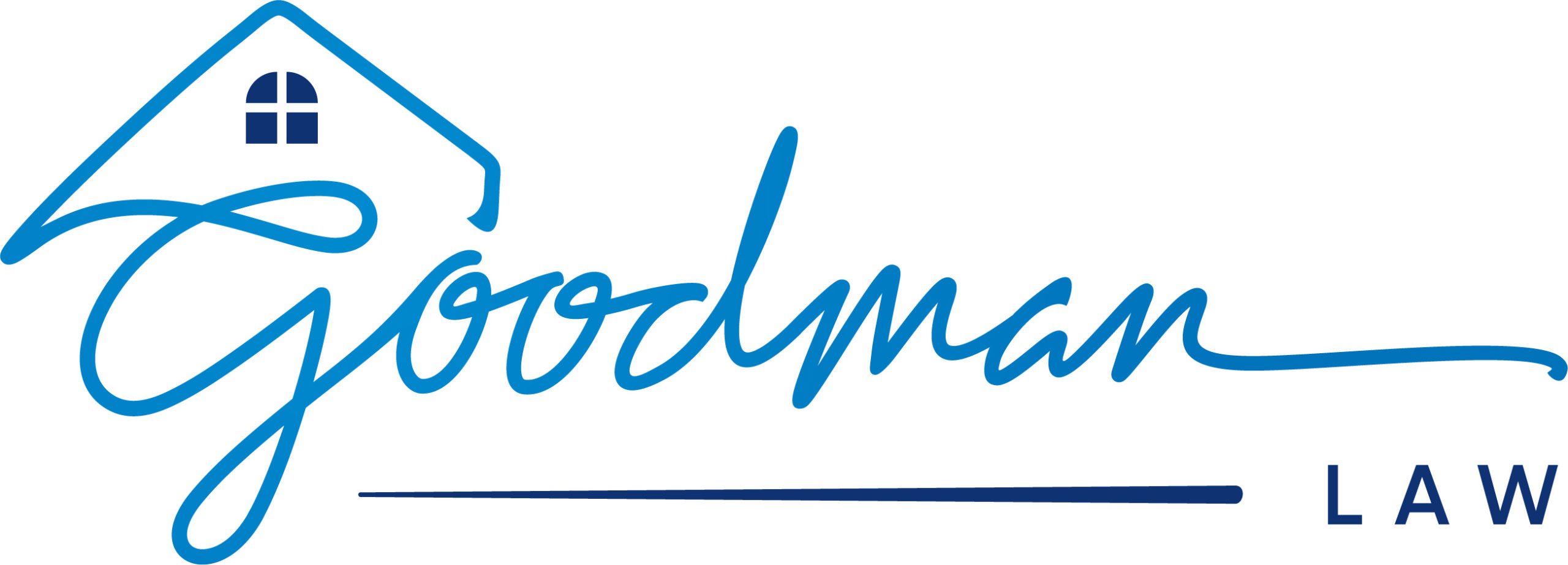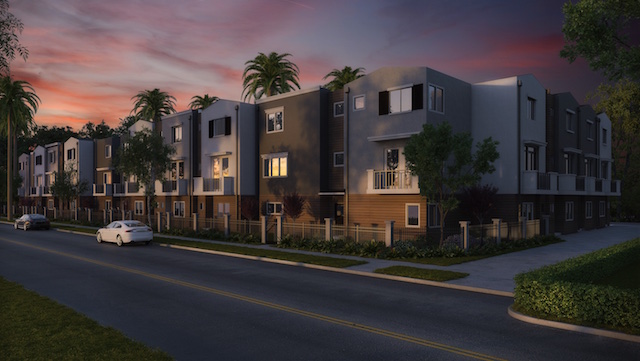Many condominium communities have some attractive features which bring in not only residents but others as well, including guests of residents and outright trespassers. Whether it’s a community swimming pool or pond, a playground, a fitness room, a community room, or even just a walkway through the community that attracts pedestrians, cyclists, and skateboarders, there are bound to eventually be non-residents in your HOA community, which means there is potential for injury. Which leads to the question of whether the HOA is liable to that person if they are injured. The answer is that it will depend on a number of questions regarding the situation, and an HOA attorney can provide further guidance regarding your specific situation, but here are a few of the questions that will be explored.
What Was the Injured Person’s Relationship to the HOA Community?
Personal injury law is largely dictated by your state’s law, but there are some general commonalities across states, one of them being that liability will often in part depend on what the injured person’s relationship was with regard to the HOA Community. Most people invited to visit an HOA community are going to be there as social guests, as opposed to business guests (i.e. a customer of a store), so the legal standard of care will be lower than what would be applied to a situation such as a hotel and a guest or a store and a customer, where there is a duty on the part of the landowner to take reasonable means to seek out dangers on the land and address them. For social guests, the legal standard of care is lower: a property owner should take steps to address dangers it knows about, but it does not have a legal duty to seek out unknown dangers.
When the injured person is an adult trespasser, the legal standard may be even lower, although this will depend on whether the HOA knows trespassers frequently come onto the property. Generally, the standard duty of care towards trespassers is to refrain from willful misconduct toward them, but there is not a duty to take steps to warn them of dangers. That said, if the HOA knows trespassers frequently come onto the property and there is a danger, then it may be held liable if the trespasser was injured by the danger, i.e. an open sinkhole. Furthermore, when the trespassers are children who come on to the property for an “attractive nuisance” – a skate park, a playground, a pool, etc. – the standard may even be higher for the HOA to take steps to prevent injuries.
Was the Person Injured Due to the HOA’s Failure to Fulfill a Legal Duty?
After the question of what the HOA’s legal duty towards the injured victim is answered, the next question is whether the person was actually injured as a foreseeable result of the HOA’s failure to fulfill that duty. People are certainly injured all the time on properties, HOA or otherwise, but the critical question will be what caused their injuries. If a bicyclist is injured because he fell off his bike while attempting a no-handed, blindfolded wheelie around the circumference of the HOA bike path, then that sounds like his own negligence which has nothing to do with the HOA’s actions. On the other hand, if a bicyclist is injured due to a clothesline negligently placed across the bike path by a condominium employee, then there might be a better case that a legal duty was breached causing an accident.
These are of course extreme examples, and many situations will involve difficult-to-call factual scenarios, and thus this is again where an HOA attorney will be useful in analyzing your HOA’s liability.
Work With an HOA Lawyer in Handling all HOA Legal Matters
At Goodman Law Group, our sole focus is on meeting the legal needs of HOAs, including creating and implementing HOA policy and responding to homeowner concerns. Contact us today to discuss any legal challenge your HOA is facing.

